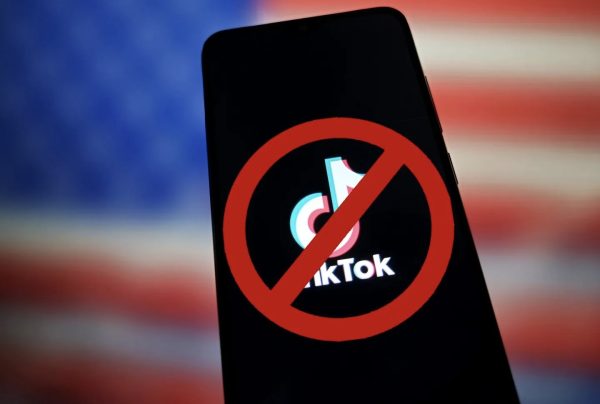Why the Electoral College Should Be Abolished
Protect the Popular Vote: Some believe that the Electoral College goes against the values of democracy by giving more power to swing states
In democracies across the world, citizens pick their next president through the process of a popular vote, which means the winner is the candidate that gets the most votes overall. However, this is different in America, where something called the Electoral College is the deciding factor. In fact, the Electoral College is one of the most polarizing topics up for debate in the political world at the moment. The question surrounding the matter: Should it or should it not be abolished?
What is it anyways, and just why is it so polarizing? To summarize, the United States Electoral College decides on both the President and the Vice President every four years. Each state gets a certain amount of electoral votes based on its total number of representatives in Congress. There are a total of 538 electoral votes up for grabs in any election, with an absolute majority of 270 electoral votes needed to take the presidency. The amount of representatives each state gets is based on its population, which is where the problem arises. Is this fair?
In the 2016 Presidential Election, Hillary Clinton (D) won the popular vote over Donald Trump (R), but lost the actual election in a landslide. This same thing happened four times before that (1824, 1876, 1888, and 2000). “The winner of the popular vote should win the election, simple as that,” Junior Curran Mitra said. “The Electoral College isn’t democratic at all, because it essentially negates equal representation in voting.”
This lack of equal representation in voting due to the Electoral College process is one of the main reasons why so many have argued for its abolishment. Presidential candidates have consistently targeted swing states to campaign in the race to the presidency as well. Candidates will focus mainly on the states that don’t typically lean Democratic or Republican every election, meaning that winning these swing states will be key toward taking the White House. States that have consistently trended one way or the other in the past have been essentially ignored by these candidates.
In these states that aren’t swing states, many feel that their vote doesn’t matter, because it most likely won’t change the fact that their state will be either blue or red. For instance, Joe Biden and Donald Trump didn’t do much campaigning in Massachusetts (a consistently Democratic state) or in Wyoming (a consistently Republican state).
With differences in how voters are valued all across the country, the complaints about the Electoral College have continued to gain traction, specifically from those in non-swing states who feel their vote doesn’t matter. Many feel that citizens not directly electing their next head of state by choice is undemocratic. A change to this process will be incredibly difficult – an amendment to the Constitution would likely be required – but worth it to keep our Democratic values in place, no matter what political party you side with.







